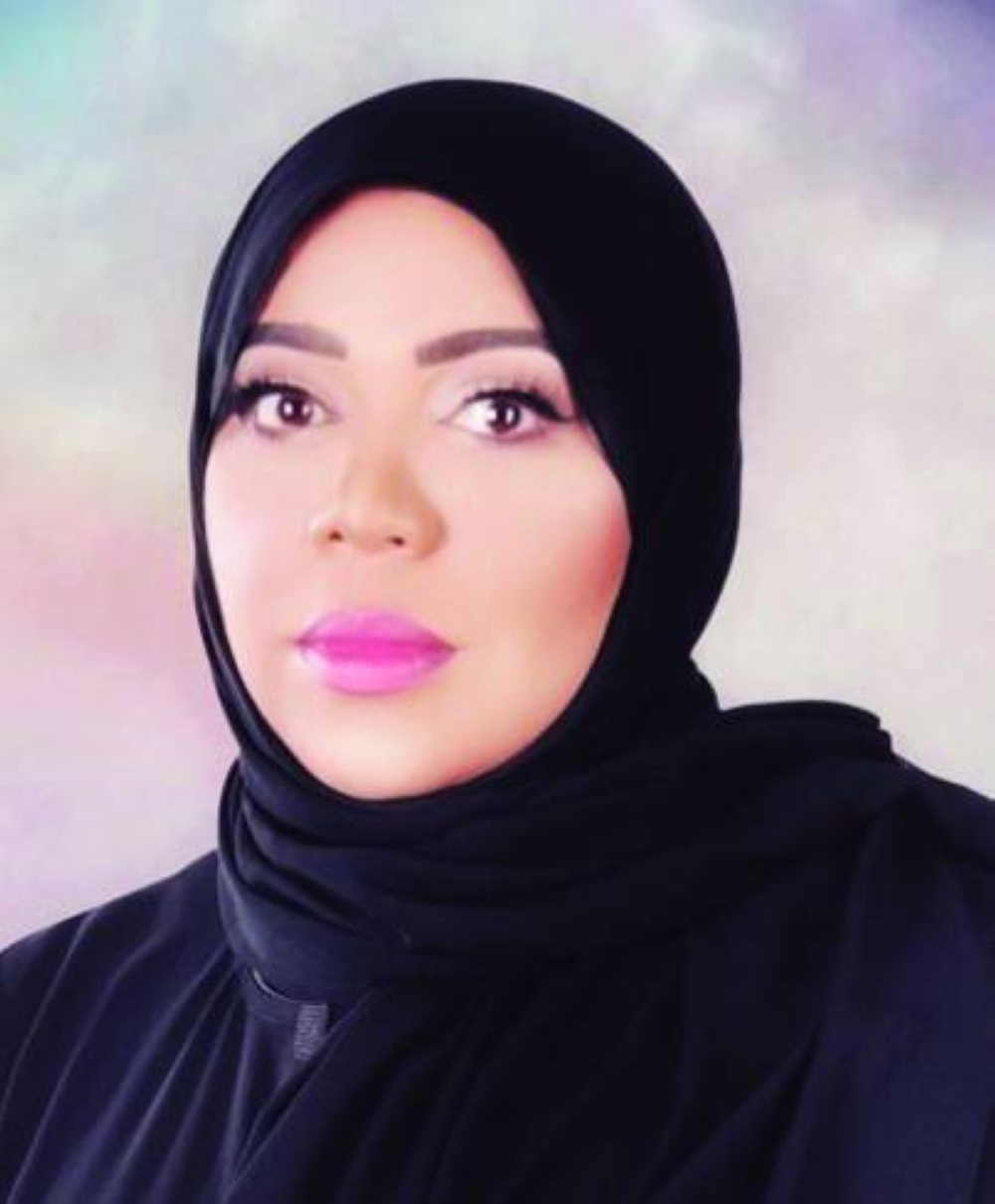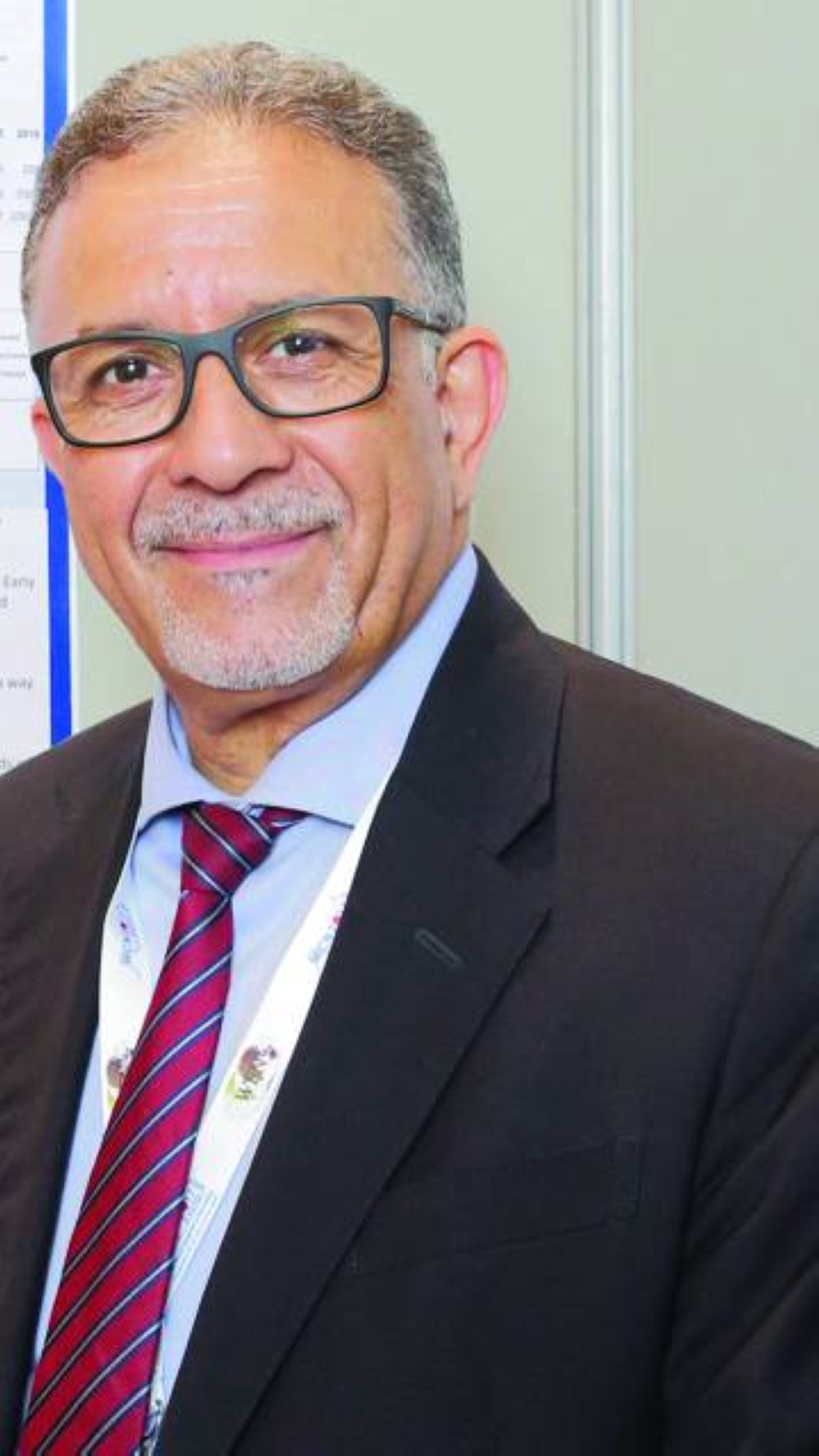Hamad Medical Corporation’s (HMC) Qatar Rehabilitation Institute (QRI) celebrated World Cerebral Palsy (CP) Day with awareness activities aimed at reducing stigma and misconceptions about this neurological disorder.
Currently there are an estimated 1,000 or more children, young adults, and adults with CP being cared for across HMC’s network of hospitals.
“Most children are born with CP, but they may not show signs of a disorder until months or a year later. Currently, there are an estimated 1,000 or more children, young adults, and adults with CP being cared for across HMC’s network of hospitals. Each year we receive upwards of 60 to 80 new cases of children born with the condition,” said Dr Mahmoud Ibrahim Abeidah, head of the Paediatrics Rehabilitation Department, QRI.
Dr Hanadi al-Hamad, deputy chief of Long-Term Care, Rehabilitation and Geriatrics, as well as the acting CEO and medical director of QRI, said that while there is currently no cure for cerebral palsy, treatments are available to individuals with the condition and their families.
“With advancements in medical care, assistive technologies, and increased awareness, individuals with cerebral palsy can now access better support and opportunities. At QRI, our team is committed to providing practical support and evidence-based therapies, including physical, occupational, recreational, as well as speech and language therapy, to encourage the children with CP to develop and be as active and independent as possible as they journey into adulthood.”
A highlight among the activities organised by the QRI team included an outing to KidZania in Doha for children with Cerebral Palsy, sponsored by a Qatari humanitarian institution, Al Asmakh Charitable Foundation.
Dr Abeidah said that historically, cerebral palsy was considered a paediatric condition, however, thanks to modern medicine and better healthcare standards, most children with this disorder now live into adulthood and many adults with cerebral palsy have a near-normal life expectancy.
“Cerebral palsy affects each person differently, so no two families will have the same experience. Symptoms can range from mild to severe, and the severity of those symptoms can change over time. There are a lot of myths and misconceptions about cerebral palsy which can negatively affect how we view these important members of our community, such as that children with cerebral palsy have a limited future and will never live independently," he explained.
CP is the most common cause of motor disabilities in childhood, with symptoms usually appearing before the age of three. While symptoms do vary, some of the common first symptoms parents may notice include delays in reaching developmental milestones, such as rolling over or crawling, variations in muscle tone, difficulty speaking, tremors, excessive drooling, and seizures.
Dr Abeidah noted that QRI’s care programmes have been specifically designed to meet the individual needs of each patient, with services ranging from general rehabilitation clinics, a feeding and swallowing clinic, gait assessment clinic, student evaluation clinic, hypertonia/spasticity clinic, and the recently established seating and positioning clinic. He added that while most patients with CP are cared for in the outpatient setting, QRI does have a day rehab programme where children and young people with CP can be enrolled at the hospital for a period of intensive rehabilitation.
Qatar
HMC holds activities to create awareness on cerebral palsy
QRI provides care to over 1,000 with cerebral palsy

Dr Hanadi al-Hamad

Dr Mahmoud Ibrahim Abeidah
